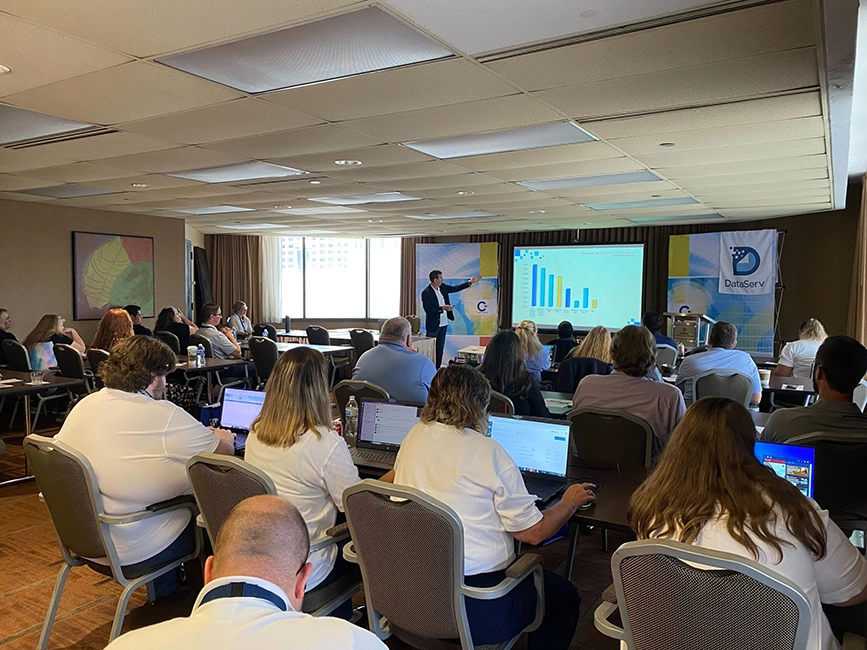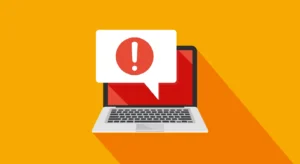We operate in a global economy.
Businesses, their subsidiaries, and their suppliers often work across borders, buying and selling goods and services around the world. Each country, however, has its own fiscal rules and tax regulations that business entities must adhere to when invoicing, and not obeying those mandates can result in fines and penalties.
As we move into an increasingly digital marketplace, many governments are requiring electronic invoicing as a solution to complying with federally mandated tax regulations. Electronic invoicing, or e-invoicing, provides consistency and control to the invoice process and provides governments with transparent access to invoice data.
A majority of the countries currently pushing for e-invoicing requirements are located in Latin America and the European Union. In fact, many are enacting schedules and deadlines by when companies will be mandated to adhere to their e-invoicing policy. Although it is unclear when those deadlines will actually be enforced, it is expected that e-invoicing will be legally required in most Latin American and EU countries. According to Sharespace, surveys show that 50% of companies in Italy (which is launching its e-invoicing project on January 1, 2019) said government-compliant e-invoicing still isn’t even in scope for their workflow, and another 36% said that while they are aware of the deadline, they will miss it.
The bottom line is that e-invoicing mandates are coming, despite some uncertainty on when and where. It’s better to be prepared than to risk penalties from non-compliance. We’ve put together the following primer to help your organization through the process.
What Is e-Invoicing?
Just as it sounds, e-Invoices are electronic versions of bills for goods and services. Many businesses already issue e-Invoices as standard practice, but what is required in each e-Invoice varies by country. By most government standards, an invoice that is produced, sent, and received digitally is not automatically considered an e-Invoice. It must meet certain requirements and contain specific legal and fiscal data to be valid. Some of these specifications include:
- Which type of businesses are required to participate: In some countries, like Mexico, 100% of issuers must participate. In other countries, like France, only suppliers to public administration entities are mandated to participate in e-invoicing. Some countries also have rules based on company revenue.
- File types: Most governments require that invoices are submitted in a specific file format for consistency and standardization. XML appears to be the most widely used format, but raw XML files are mostly code-based and can be hard to interpret. While governments may insist on this file type, it’s important to also keep electronic files of invoices in formats that can be read and interpreted easily, like PDFs. Even though it may not be required to issue or keep both file types, these versions will be useful for any future audits.
- Control codes and electronic signatures: Control codes are intended to reduce tax evasion. Electronic signatures may be required to ensure document authenticity. In countries where these items are mandated, they are issued by the country’s taxing authority before the invoice is submitted to the company responsible for payment.
How Can DataServ Help?
If your organization has international suppliers or subsidiaries that are required to participate in e-invoicing, the DataServ Single Stream Invoice Processing Machine can help keep you compliant – no matter what file type is required. Our Invoice Processing Machine can intake all electronic document types into a single stream with your other paper and digital invoices. Our automated invoice processing workflow offers controls and compliance for all countries meaning you don’t need individual solutions for each country’s different e-invoicing mandates.
As mentioned previously, it’s advisable to also produce and store invoices in an electronic format that is easily readable (like PDFs) because XML files can be difficult (or sometimes impossible) to interpret. If your supplier doesn’t provide this to your organization, DataServ can. We can take any file type, including EDI and markup language files like XML, and use it to generate standard, readable electronic invoices to keep on file in the event of an audit or internal request. These files can be linked to the government-mandated file type in DataServ, so both files are easy to find and access. Additionally, all government-issued certification or control numbers are indexed and searchable.
Get ahead of global e-invoicing requirements now to avoid panic when the deadlines start to loom. If you’ve got questions about staying compliant with global e-invoicing mandates, contact us.
You can also download the free digital PDF about Global e-Invoicing here





























